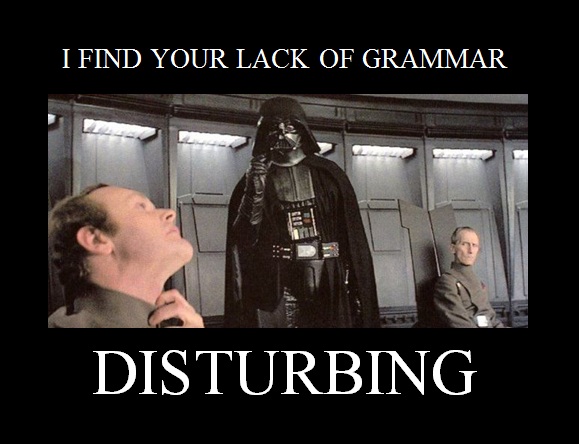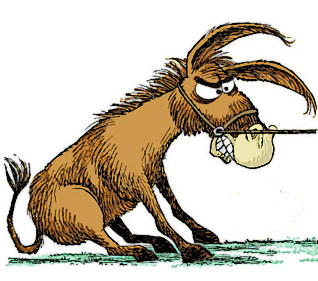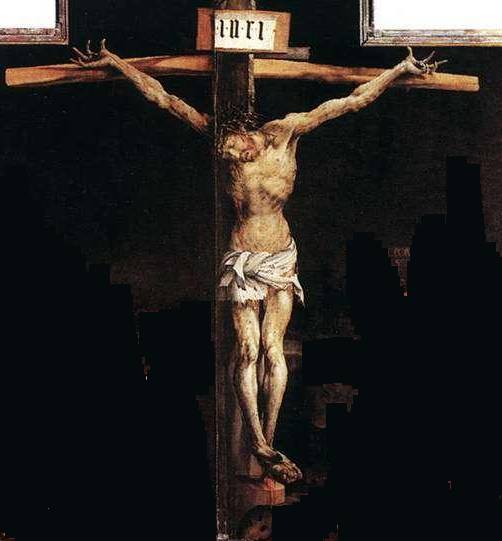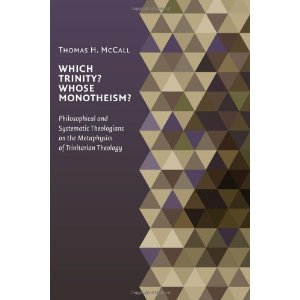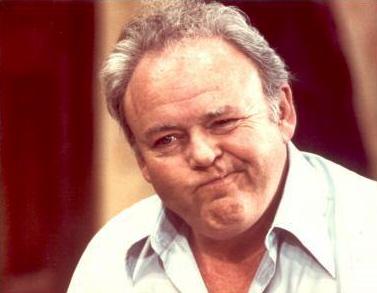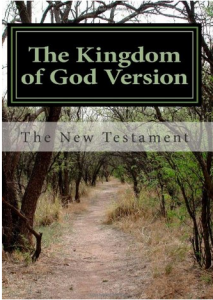 I think I’ve met only two people who have translated the whole New Testament from the original Koine Greek to some modern language. One was an American evangelical missionary, who’d translated the New Testament into some obscure tribal language from South America. The other was the Englishman Ray Faircloth, who runs the biblicaltruthseekers website. (Some of his materials are also available here.)
I think I’ve met only two people who have translated the whole New Testament from the original Koine Greek to some modern language. One was an American evangelical missionary, who’d translated the New Testament into some obscure tribal language from South America. The other was the Englishman Ray Faircloth, who runs the biblicaltruthseekers website. (Some of his materials are also available here.)
In both cases, I was impressed. What an acheivement, and what a weight it must be, to try to effectively and accurately render what one regards as the most important texts in human history, the communications of God to humankind.
I was privileged to be able to interview Ray Faircloth a few days ago near Atlanta, Georgia, where we were both in town for a conference. Maybe at a later date I’ll post a few representative passages from his translation.
Congratulations on the publication of your translation of the New Testament, The Kingdom of God Version. How long did this take you?
This took three and half years.
Was that full time?
No, it was in blocks of time, so that you’d get so far, and you’d need to move on to another subject, and come back to it at a later time.
What, in your view, is most distinctive about your Kingdom of God Version?
It’s hard to say one thing, but much of it was attempt to get rid
Read More »Interview with Ray Faircloth, translator of the Kingdom of God Version of the New Testament



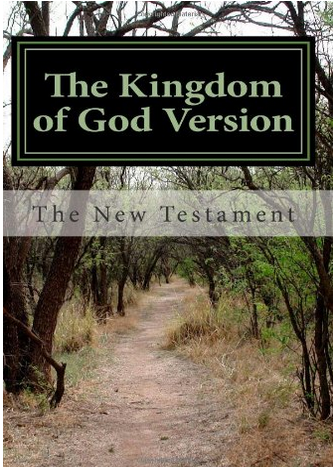
 I think I’ve met only two people who have translated the whole New Testament from the original Koine Greek to some modern language. One was an American evangelical missionary, who’d translated the New Testament into some obscure tribal language from South America. The other was the Englishman Ray Faircloth, who runs the
I think I’ve met only two people who have translated the whole New Testament from the original Koine Greek to some modern language. One was an American evangelical missionary, who’d translated the New Testament into some obscure tribal language from South America. The other was the Englishman Ray Faircloth, who runs the 
